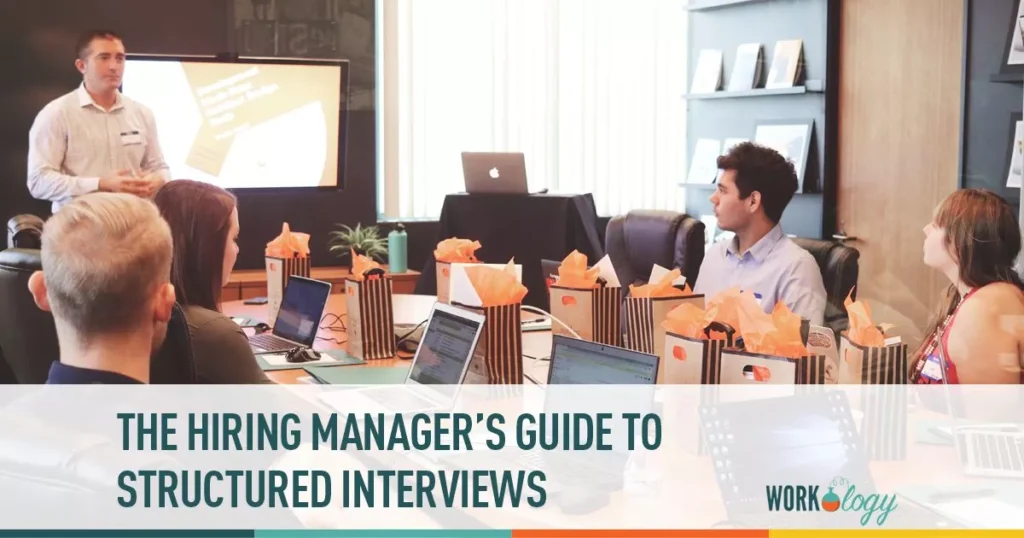In an increasingly competitive talent marketplace, creating a great candidate experience is critical for hiring success. A 2021 Candidate Expectations Survey from Cronofy reports that responsiveness during the hiring process came out on top as the thing that matters most to candidates in the U.S. In fact, 64% of US candidates said that the process of interview scheduling directly impacts their perceptions of an employer, and even more so with those applying for senior roles.
In the United States, interview scheduling delays were the second most frustrating part of the overall hiring process after responsiveness. With such importance placed on positive candidate experience, interview scheduling – a big issue easily solved – offers an obvious opportunity to differentiate yourselves from the competition.
Having a consistent hiring process is critical for a company’s hiring success, which includes candidate experience and onboarding as well as the growing importance of Net Promoter Scores®, or NPS, plus the increased popularity of employer review sites and social media for branding and reputation.
Consider that the average ATS requires a series of hoops for the jobseeker to leap through and, while most have auto responses built into the application process, gaps of time between application and scheduling the interview that are more than a few days could cause candidates to move on.
Having a structured, consistent interview process can support your scheduling efforts, align hiring manager’s expectations, and speed time to hire. In short, whether in-person, by phone, or by video conference, getting qualified candidates in front of hiring managers is the most important task for recruiters. Getting feedback from the hiring managers consistently and rapidly is the second.
Structured Vs. Unstructured Interviews
Many hiring managers, particularly those used to working without a net (or HR department), may prefer unstructured interviews. There is a case to be made for these types of interviews, but the cons tend to outweigh the pros.
In a structured interview, questions are determined in advance and consistent. In unstructured interviews, the questions are not set in advance, or may come from a loose set of notes from a hiring manager.
In structured interviews, the data is quantitative, the research is descriptive, and the data collection validates results, especially when a large number of hires are required. From an HR compliance standpoint, having structured interviews helps make the hiring process consistent across all candidates lessening the risk for discrimination based on certain protected classes as discussed in Title VII, the ADA, GINA, and ADEA.
In unstructured interviews, the data is qualitative, the research is exploratory and often incomplete, and data collection is null, as the questions are more likely to probe personal details about a candidate to assess fit (and can often cross into the “too personal” category).
Based on this information, we’re going to discuss how to create and refine a structured interview process that doesn’t “feel” impersonal or automated.
How to Create a Structured Interview Process
A structured interview process creates consistency for every candidate and sets clear expectations and clear candidate communication. Below are some tips that will ensure each candidate walks away from your interviews with a positive outlook, whether they intend to pursue the role or not. It also sets solid guidelines for your hiring process when it comes to lack of bias, diversity issues, and simple human-to-human interactions.
- Use interview questions that align with the position as well as the larger organization. HR should work with hiring managers and recruiters to create a professional, consistent, and structured interview that can be measured quantitatively.
- Create and follow an established recruiting process for each department and each role. Every hiring manager should have guidelines to follow for meeting and interviewing candidates, from phone interviews to in-person interactions. Without this process, your hiring managers might be winging it, which means unstructured interviews where they might spend more time talking up your company culture than asking relevant questions to get information from a candidate.
- Mystery shop candidate processes—your own and your competition’s. Take the time to apply as a candidate and make note of any areas that can be improved or personalized. When you finish the application process, are the next steps clear? Will you receive a follow up email outlining the next steps or will you have to hope your application made it through the system?
The bottom line: Structured interviews don’t have to be impersonal. Most hiring managers are comfortable with small talk at the beginning of an interview. But they should also be in the habit of closing the interview by reviewing where the company is in the hiring process for the specific positions, how long the candidate may have to wait for a response, and allow time for the candidate to ask questions.








